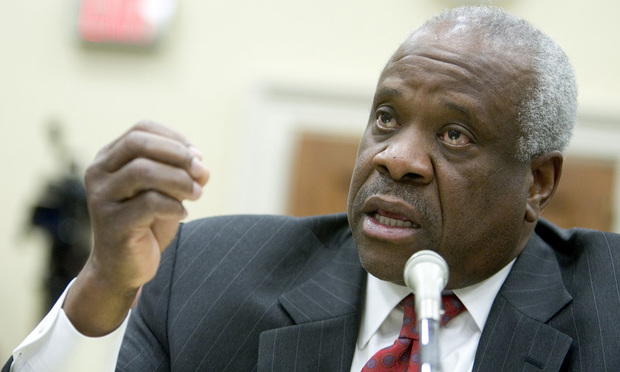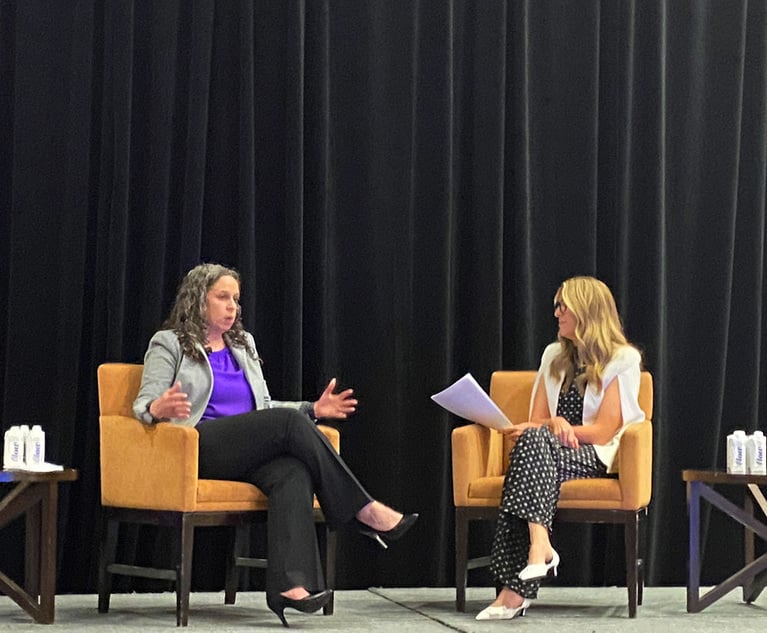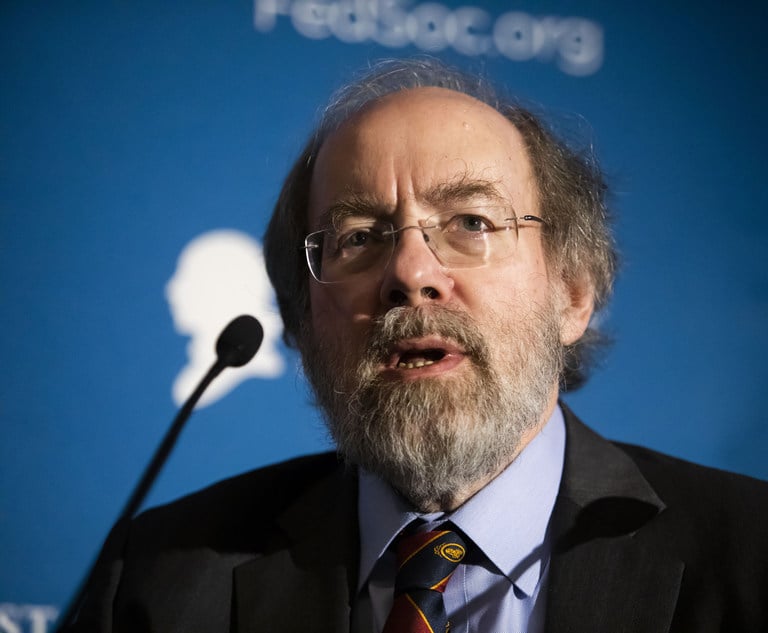In its decision Wednesday striking down the Affordable Care Act’s individual mandate, the U.S. Court of Appeals for the Fifth Circuit expressed no opinion on whether a Texas trial judge, once the case returns to him, should sever the provision to save the rest of the landmark health care law.
The appeals court could have declared the entirety of Obamacare unlawful, but instead punted to the trial judge for further review. Central to that fresh look, now, is whether the whole law must fall because one part is allegedly unlawful. The divided Fifth Circuit panel at various times pointed to the concerns Justice Clarence Thomas has articulated about the power of courts to strike one thing in a law in order to keep the whole intact.

 Justice Clarence Thomas (2015). Photo: Diego M. Radzinschi/ALM
Justice Clarence Thomas (2015). Photo: Diego M. Radzinschi/ALM








